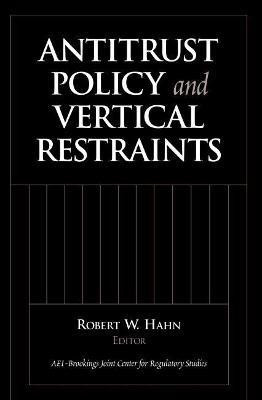Antitrust Policy and Vertical Restraints(English, Paperback, unknown)
Quick Overview
Product Price Comparison
" Antitrust law is intended to protect consumer welfare and foster competition. At first glance, however, it is often unclear whether certain business practices have positive or detrimental effects. Businesses frequently engage in activities that may appear anticompetitive on the surface, but are actually beneficial to consumers. Business tying practices, for example, make the sale of one product conditional upon the sale of another product. This practice can either deprive consumers of choice and drive up prices or lower costs and improve convenience. Therefore, it is critical that policymakers have a keen understanding of which vertical restraints-limitations imposed on businesses by firms located in the production chain-are likely to harm consumers more than they benefit competition. In order to formulate economically efficient policies, they must be able to identify and limit those practices that are likely to do more harm than good. In A ntitrust Policy and Vertical Restraints a group of leading scholars takes a hard look at how restraints limit the conditions under which firms may purchase, sell, or resell a good or service. The authors, representing both sides of the antitrust debate over tying practices, provide a uniquely broad perspective on this critical economic policy issue. Contributors include Dennis Carlton (University of Chicago), David Evans (University College London), Bruce Kobayashi (George Mason University), and Michael Waldman (Cornell University)."


